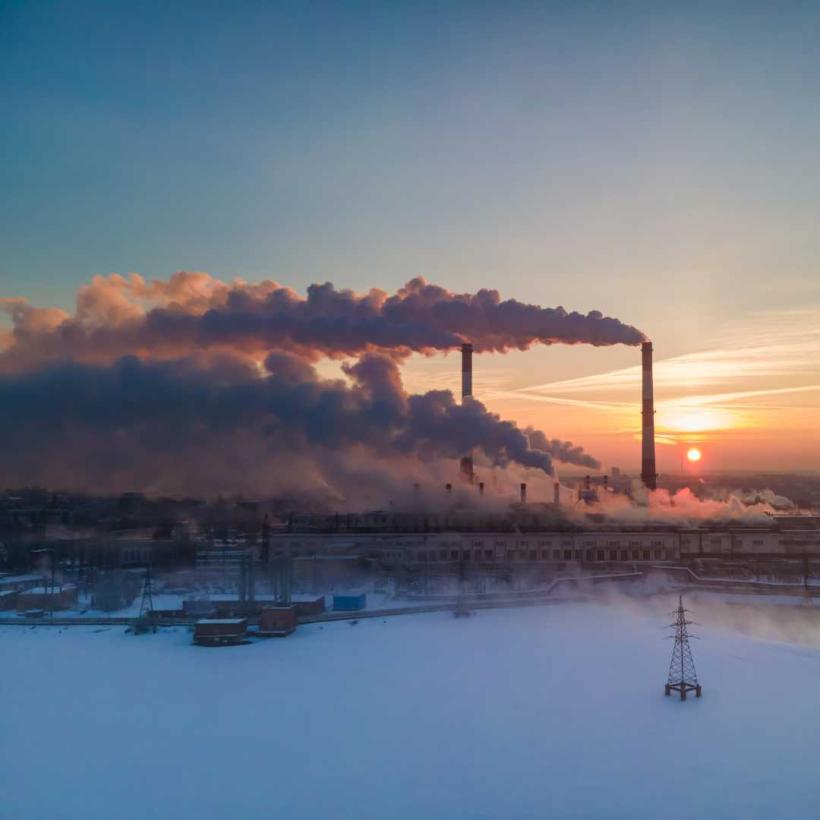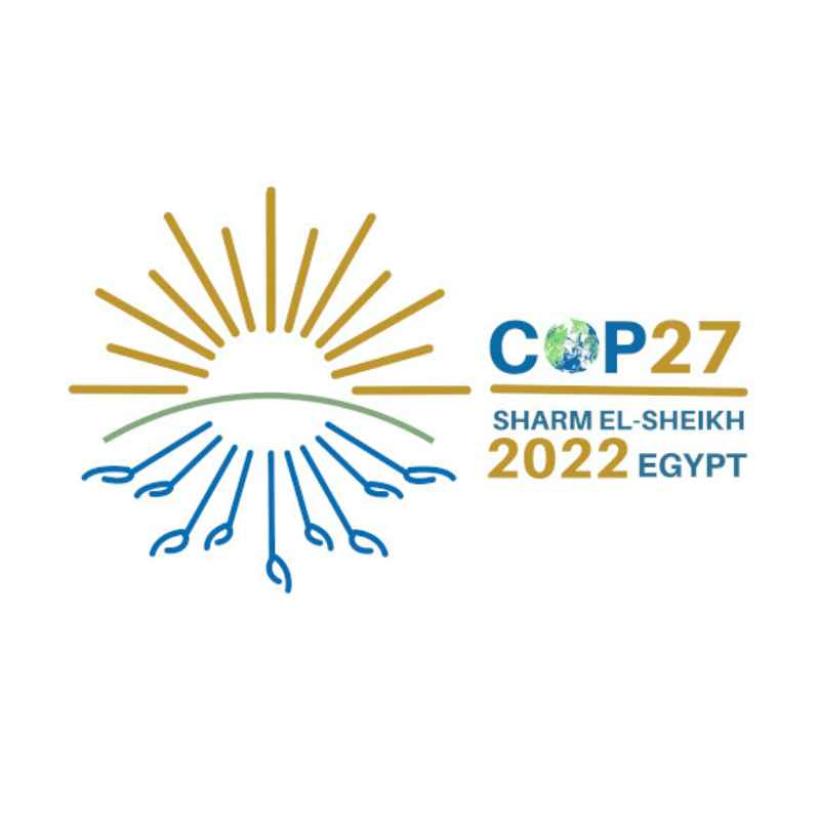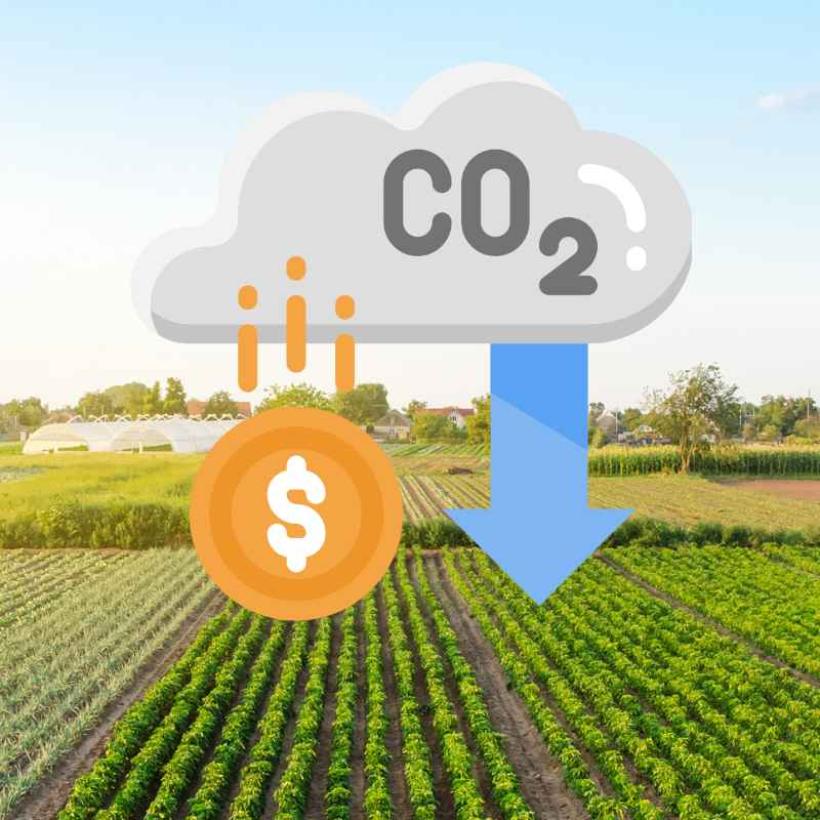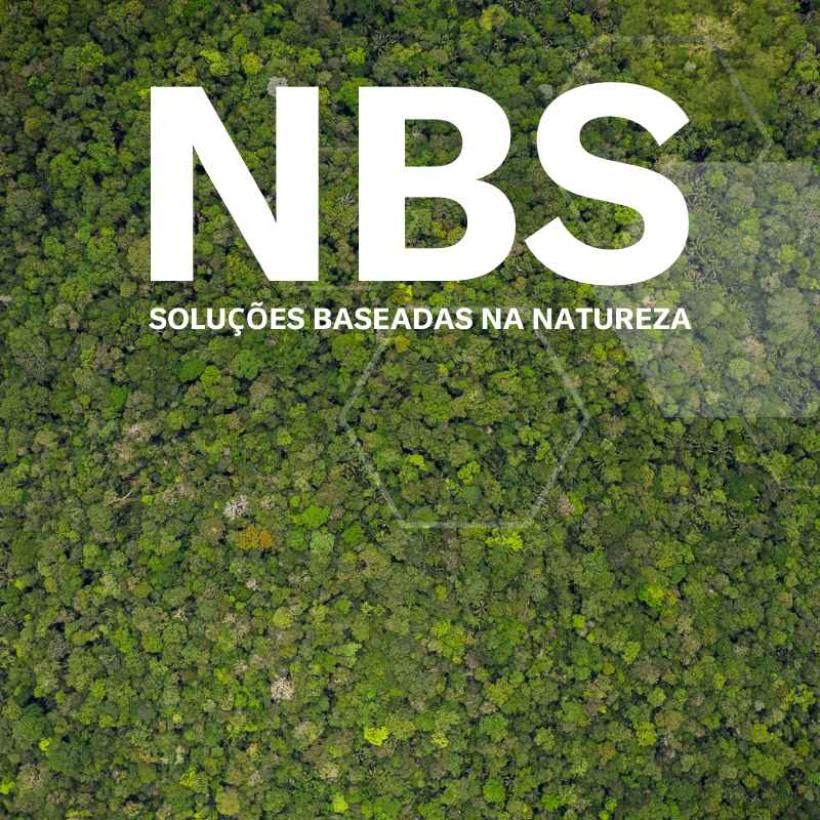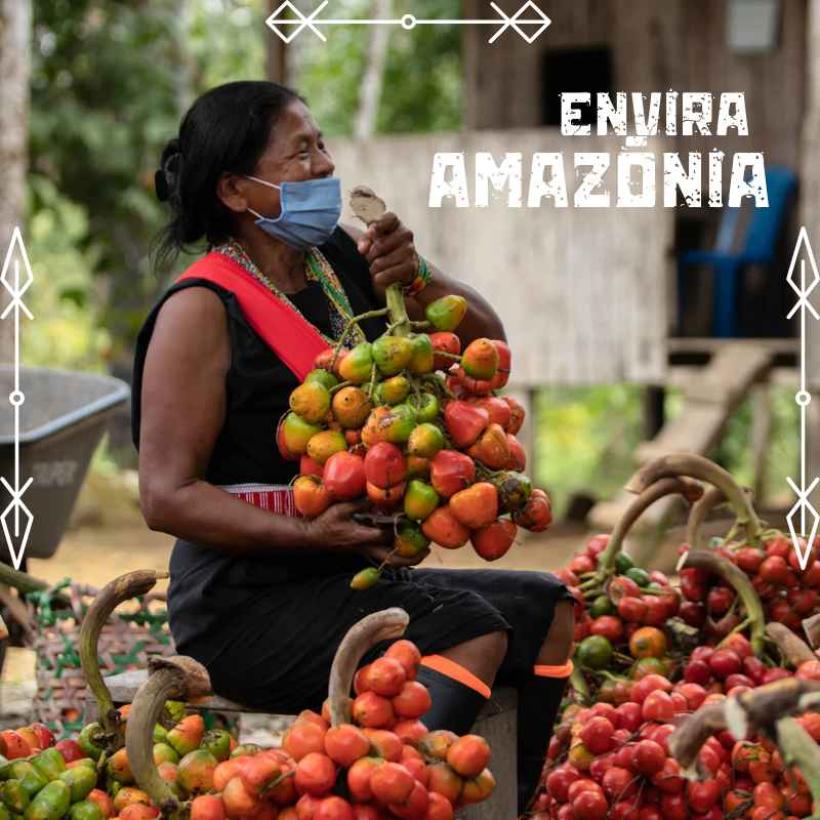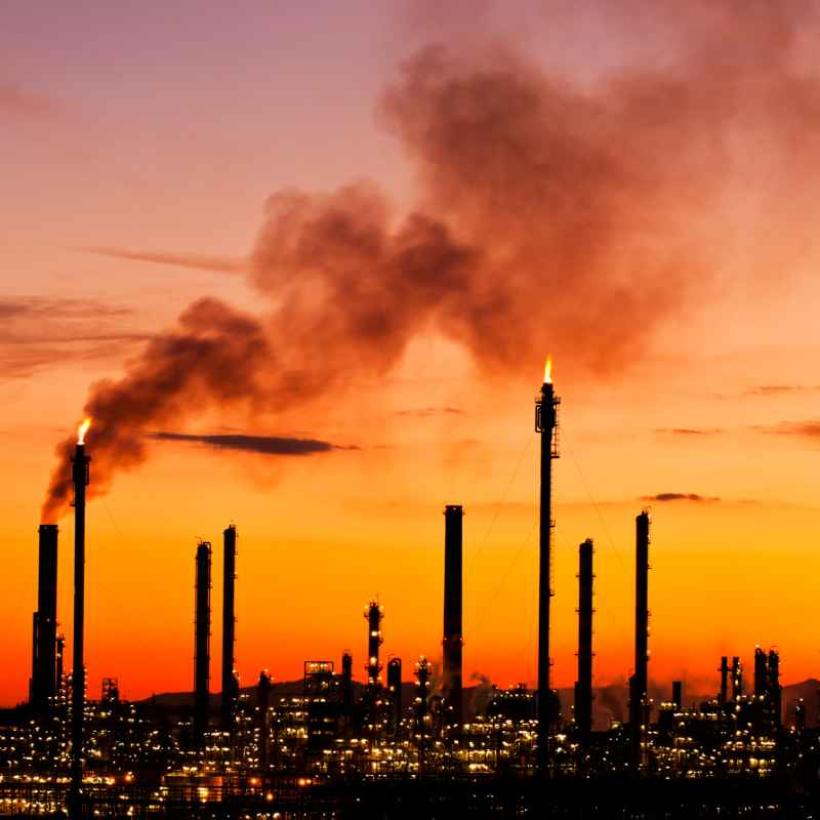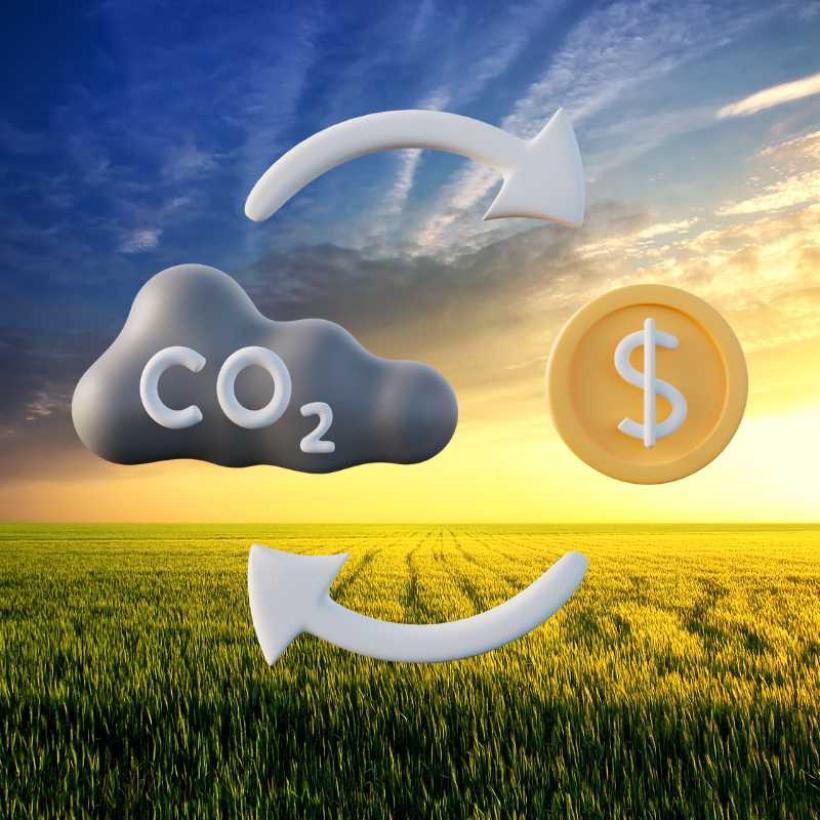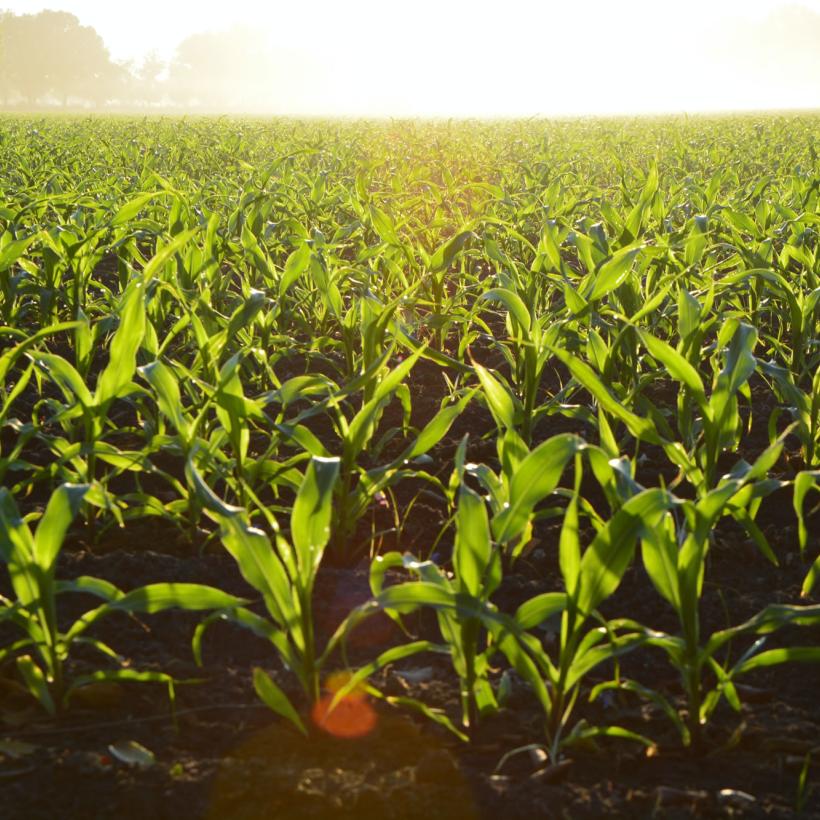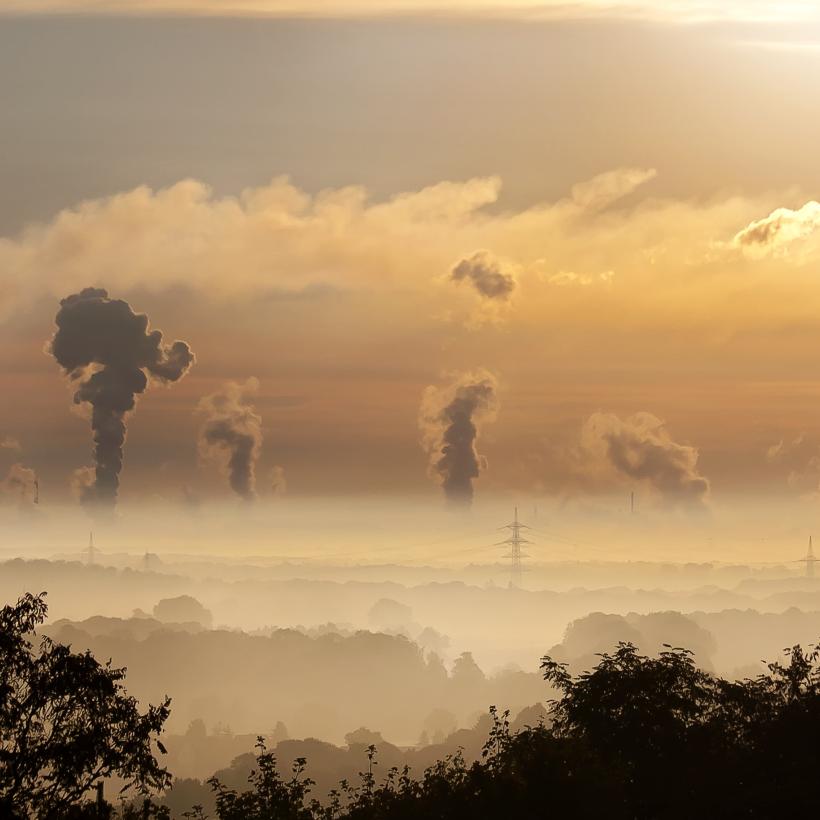
Crescimento do mercado regulado de carbono - Grandes oportunidades para o Brasil
Brasil comercializa créditos de carbono no mercado voluntário, mas perspectiva da criação de mercado regulado de carbono colocaria o país como grande player global do setor, ancorado na regulamentação do Artigo 6 do Acordo de Paris; Congresso deve votar projeto de lei e governo federal já lançou decreto sobre o tema
Mercado regulado de créditos de carbono trará oportunidades ao Brasil
A criação de um mercado regulado de créditos de carbono no Brasil é vista por especialistas como uma grande oportunidade para atração de recursos financeiros para o país, com potencial para gerar grande volume de créditos em projetos relacionados a florestas, atividades agropecuárias, substituição de combustíveis fósseis por alternativas renováveis e recuperação de vegetação nativa.
Voltando no tempo, você sabe como surgiu o mercado de créditos de carbono e suas primeiras regulamentações? O pontapé veio com o Protocolo de Kyoto, acordo assinado em 1997 durante a 3ª Conferência das Partes da Convenção das Nações Unidas sobre Mudanças Climáticas, a COP3. Foi o primeiro tratado internacional voltado a controlar os gases de efeito estufa e entrou em vigor em 2005, mas não impunha metas de redução para os países em desenvolvimento, apenas para as nações mais ricas, historicamente os maiores poluidores.
A grande novidade estabelecida pelo Protocolo de Kyoto foi o comércio global dos certificados de emissão reduzida (CERs), o primeiro esboço de um mercado global de créditos de carbono, onde, via de regra, os países desenvolvidos, com metas de redução de gases de efeito estufa, compravam esses créditos de países em desenvolvimento, no âmbito do chamado Mecanismo de Desenvolvimento Limpo (MDL). Nesse modelo, os projetos MDL eram aprovados pela entidade designada de cada país e, no caso do Brasil, era uma comissão composta por representantes de 11 ministérios.
Com a crise das hipotecas americanas de 2008, o mercado sofreu com a instabilidade de preços. A própria evolução das negociações sobre mudanças climáticas mudou o cenário, de modo que os países em desenvolvimento passaram a também assumir compromissos de redução de suas emissões. Assim, o Protocolo de Kyoto perdeu a validade e foi suplantado pelo Acordo de Paris, assinado em 2015, onde os mais de 190 países signatários passaram a assumir metas de redução das emissões.
Esse cenário deu novo impulso aos sistemas de comércio de emissões - também chamados de ‘cap and trade’ ou ETS (Sistemas de Comércio de Emissões, na sigla em inglês). Nos ETS, os governos definem os setores da economia e as entidades que serão regulados e estabelecem um limite quantitativo (o ‘cap’) para as emissões das organizações, e são criadas permissões de emissões compatíveis com esse limite, de modo que o preço dessas emissões se ajusta no mercado (o ‘trade’).
Artigo 6 do Acordo de Paris
O Acordo de Paris, além de estabelecer o objetivo de evitar que a temperatura global se eleve além de 1,5ºC em relação aos níveis pré-industriais, também determinou, por meio de seu artigo 6, a regulamentação de um mercado global de créditos de carbono. Esse mercado ainda não vigora, embora existam mais de 65 países ou regiões com mecanismos de precificação do carbono. O artigo 6 prevê a regulamentação de vários instrumentos financeiros, o que poderia gerar um comércio global de US$ 197 bilhões ao ano em 2030, segundo estimativa da International Emissions Trading Association*.
Onde o Brasil está?
O Brasil hoje trabalha apenas com o mercado voluntário de créditos de carbono, já que o país ainda não aprovou seu mercado regulado de créditos de carbono. Isso não significa que o Brasil esteja à margem desses negócios: os créditos hoje são comercializados via negociações diretas entre compradores e vendedores ou por plataformas intermediadoras, também conhecidas como traders. A MyCarbon é uma das participantes desse mercado, se posicionando como um grande player do segmento na América do Sul.
Há uma carência de dados consolidados acerca da movimentação do mercado voluntário no Brasil, pois não existem registros oficiais - apenas os dados das certificadoras internacionais, que mostram os créditos certificados por elas de modo individual.
A regulamentação do mercado regulado global de créditos de carbono traria grandes oportunidades para o Brasil, tanto [TA2] por projetos de restauração florestal, reflorestamento e conservação de florestas, como projetos de sequestro e fixação de carbono no solo, através de restauração de pastagens degradadas e sistemas produtivos integrados Ou seja, além de dar fomento à economia de baixo carbono, o desenvolvimento de um mercado regulado daria condições para que o Brasil se posicionasse internacionalmente como um grande player desse mercado.
As diretrizes para a criação de um mercado regulado de carbono estão sendo discutidas pelo Congresso Nacional, sendo uma das iniciativas o PL Nº 2148/2015. O projeto propõe um ecossistema de mercados, incluindo um sistema registral para o mercado voluntário e um sistema do tipo ‘cap and trade’ para o mercado regulado. No âmbito do governo federal, foi editado, em maio de 2022, o decreto Nº 11.075/2022, que busca regulamentar o mercado de créditos de carbono no Brasil, ancorado na Política Nacional sobre Mudança do Clima -lei 12.187/2009).
Ambas as iniciativas são oportunas e devem movimentar a formulação de projetos com esse perfil. Empresas, entidades setoriais e governos concordam em um ponto: o momento de organizar um mercado regulado de carbono é agora: assim, o país estará preparado para a alta demanda por projetos que gerem impacto positivo na redução das emissões, gerando receita e um cenário favorável para o cumprimento das próprias metas assumidas no âmbito do Acordo de Paris.
Na MyCarbon, estamos preparados para atender tanto ao mercado voluntário quanto ao mercado regulado, de modo a desenvolver projetos e ofertar créditos oriundos de projetos transparentes e auditados, com redução certificada dos gases de efeito estufa em consonância com padrões internacionais, e atentando sempre para a sustentabilidade e impacto positivo para todos os envolvidos.


